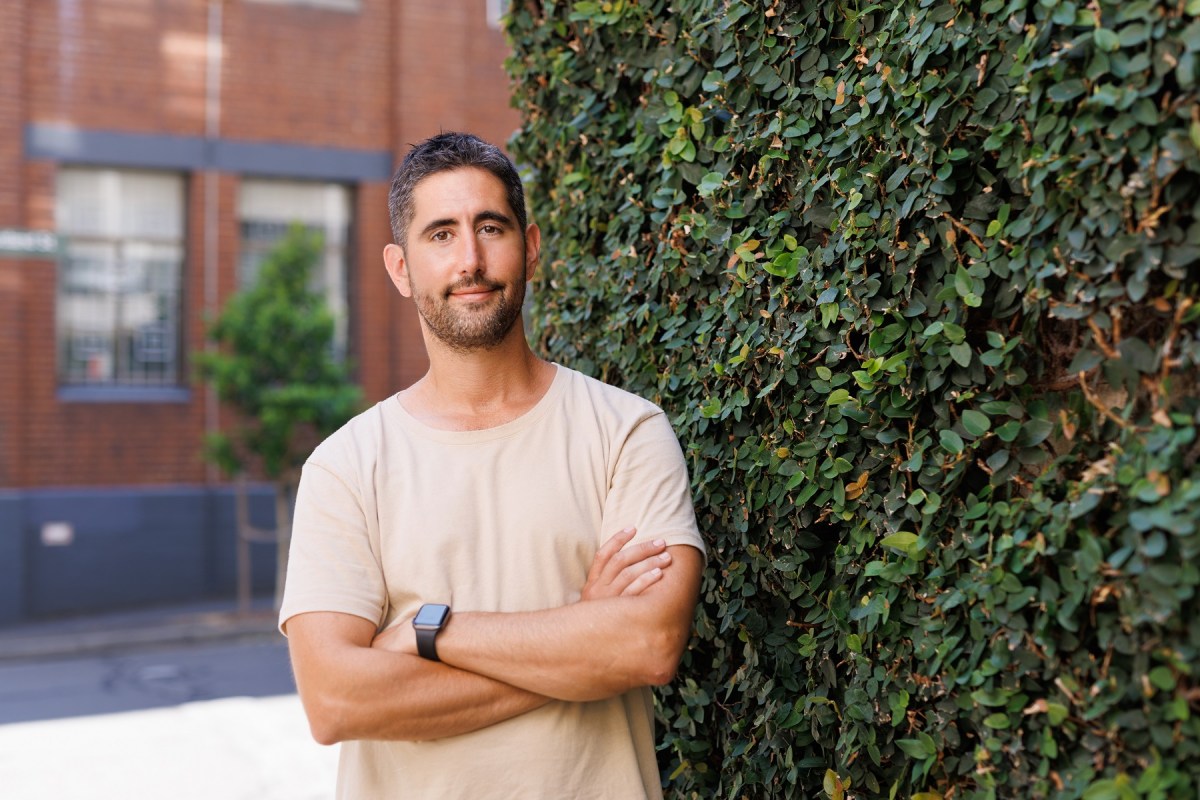For busy restaurant, cafe and catering businesses, it’s a simple fix to keep adding useful new technology as needs dictate, such as a point-of-sale system or QR ordering from the table.
Over the years, they might also have added one software system to handle bookings and POS, another to track food and beverage orders, an accounting product for incomings and outgoings, and a spreadsheet to manage staff. And so on.
But in such a hyper-competitive industry, even a digitally savvy business owner can struggle to stay on top of every system. Add in pandemic-induced innovations such as outsourced deliveries, ‘ghost’ kitchens and pre-packaged production, and it can become all-consuming – and not in a good way.
That person who got into the hospitality industry for the sheer joy of serving culinary delights to appreciative patrons is now hunched in front of a computer screen for hours on end, juggling supplier orders, staff rosters, P&L statements and menu drafts.
At FoodByUs, one of our key focal points is to encourage the businesses we deal with to think about how the technology they use can link together to create greater efficiencies. This is the foundation of our business; we exist to help small-medium sized hospitality businesses streamline their procurement processes.
Along the way we’ve formed key partnerships with other technology-driven companies such as Xero, Deputy and Lightspeed, and it’s become clear that a great ‘tech stack’ is the key to not only automating processes, but also elevating operational and financial efficiencies.
Here are my three tips to help hospitality businesses to get started building a future-proof tech stack.
See the business as a whole, not in parts
It’s easy to think of front-of-house – customer bookings, POS, QR codes for ordering – as separate and distinct from back-house ops such as procurement, supply, prep, and delivery. A third silo many owners find daunting includes financial incomings and outgoings, staff rostering, and managing all the other admin that modern, successful hospitality requires.
It’s only when you look at the bigger picture that you start to see linkages. For example, you know what you’re selling out front because the POS system tells you, but you can’t directly relate that to your procurement channel. So you over-order and create wastage, or under-order and create unhappy customers.
One way to solve this is to implement technology that links these functions, and then ties it all into a Cloud-based accounting system. In doing so you’re not only moving closer to ordering on an as-needed basis, but as a bonus, you’re likely to get a better understanding of where you’re most profitable, informing what to put on your next menu.
One of our customers, Sydney’s famous Bistro Rex, followed this example and has seen a reduction in COGS by 17%, and time spent on ordering reduced by as much as 75%.
One plus one equals more than two
The above scenario demonstrates that by meshing operational systems, you can understand your food costs in real time because an intelligent, interlinked Cloud-based system now gives you daily or even hourly reports in place of the monthly one you used to run. You can spot discrepancies and fix them immediately, or instantly adjust for price increases in your menu or supply arrangements.
The more systems you link, the better the multiplier effect. Conversely, the more you add tech on top of tech without considering a holistic system, the more time you can lose. With a bit of forethought and planning, your systems can become a tech stack – an integrated system that’s working for your specific requirements and delivering added value throughout your operations.
Technology is not your enemy
It can seem daunting, but putting in the work to build a future-proof tech stack can deliver untold dividends not only in operational efficiencies, but also in more ‘smart’ ways.
Data-driven insights offer a huge growth opportunity for those who are set up to generate them. Here at FoodByUs, we’ve started to aggregate and analyse the data we gain from relationships with more than 1000 clients within the food service industry. This led us to identify an important value-add for a client who has benefited immensely from the rich information we supplied.
The moral of the story is that with the right tech solutions, hospitality venues also have the potential to glean outstanding insights into their own business and their market segment, potentially generating a significant competitive advantage.
Ben Lipschitz is co-founder and CEO of FoodByUs.

